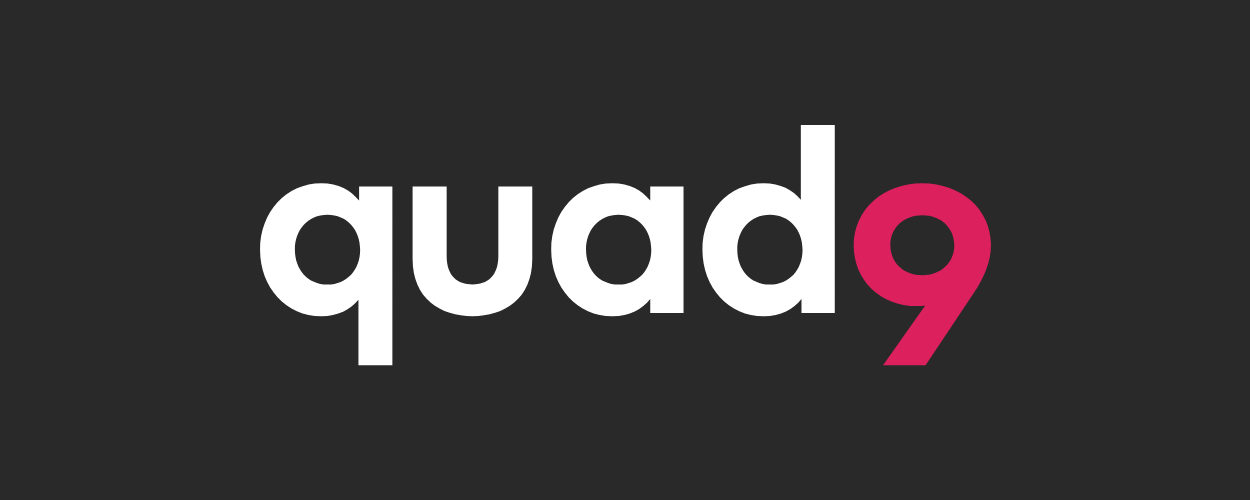This website uses cookies so that we can provide you with the best user experience possible. Cookie information is stored in your browser and performs functions such as recognising you when you return to our website and helping our team to understand which sections of the website you find most interesting and useful.
Business News Digital Labels & Publishers Legal
Quad9 again criticises German web-block as it’s forced to apply it globally
By Chris Cooke | Published on Wednesday 26 July 2023

German DNS resolver Quad9 has confirmed that it is now blocking access to piracy site Canna on a global basis after a further complaint was made by Sony Music. However, it confirms in a recent update on its legal wrangling with the major record company, it continues to appeal the court order that forced it to instigate a web-block in the first place.
Web-blocking – where internet companies are forced, usually by the courts, to block their customers from accessing copyright-infringing websites – has long been an anti-piracy tactic of choice for the music and movie industries.
Initially, music and movie companies mainly sought web-blocking injunctions against internet service providers. But more savvy web users can circumvent those ISP-instigated blockades by using a VPN or a third party DNS resolver. This means that VPNs and DNS resolvers have also found themselves on the receiving end of web-blocking legal action.
Sony Music in Germany sought a court order forcing Quad9 to block access to the music piracy site Canna. For its part, Quad9 argued that – while it doesn’t endorse copyright infringement – responsibilities for stopping that infringement shouldn’t extend to services like DNS resolvers. However, the German courts did not agree and a web-blocking order was issued.
Quad9 continues to appeal that ruling and published an update on that process earlier this month, which was spotted by Torrentfreak yesterday. That update also reveals that Quad9 recently had to extend the web-block against Canna.
One discussion regarding web-blocking orders against VPNs and DNS resolvers relates to whether or not any one injunction ends up affecting web users beyond the jurisdiction of whichever court issues it. After all, whereas ISPs generally operate on a territorial basis, VPNs and DNS resolvers often have users around the world.
One argument goes that, even if the German courts are right to issue a web-blocking order under German copyright law, that order shouldn’t impact people in other countries.
Commenting on how it responding to the initial German web-blocking order, Quad9 says in its update: “Quad9 believes that … out-of-jurisdiction (across national borders) query delivery is not within the scope of the requirement. [So] we installed a geoIP blocking on our servers in Germany immediately after having obtained the injunction”.
However, Sony subsequently complained to the court that Canna could still be accessed via Quad9 if a user employed a VPN. It also alleged that the site was still accessible via a German mobile network, presumably because it routes traffic on its network outside of Germany. That meant, Sony claimed, Quad9 was not complying with the web-blocking order and should therefore be fined.
“We are of the opinion that we have no control over the routing policies of mobile operators and we also cannot control if users pretend to be in a different country using a VPN”, Quad9’s update continues. But, “the fact that the court issued a fine meant that we had to impose the blocking at the global level”.
Concluding, it goes on: “We hope that we will ultimately prevail as we consider it to be inappropriate and disproportionate to be required to roll out blocking based on a court decision in one country to result in a global block. We are talking about a case of alleged copyright infringement here, but other types of alleged violations of applicable laws may follow tomorrow”.





